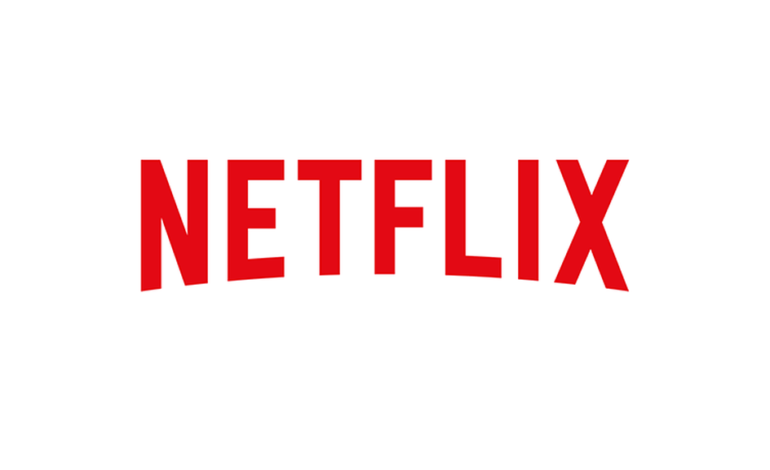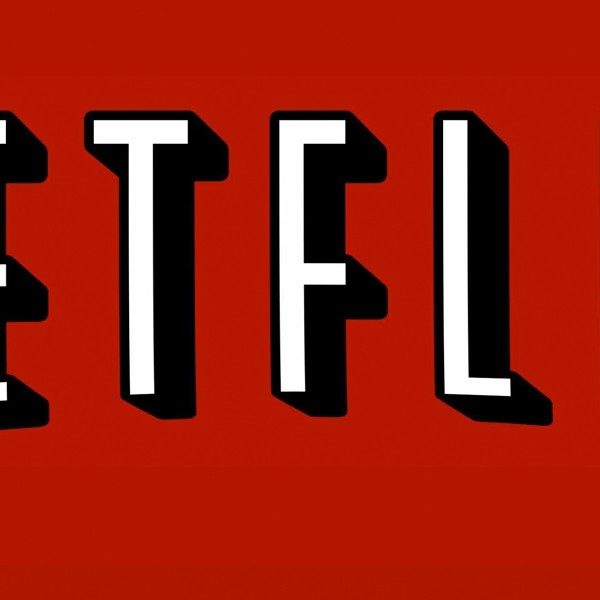

Netflix announced Monday that it would “offer approximately $2.0 billion aggregate principal amount of junk bonds, in both U.S dollar and euro denominations.” In September, Netflix reported that its debt of $10.36 billion had increased to $12.43 billion in nine months. In a statement, Netflix said, “Netflix intends to use the net proceeds from this offering for general corporate purposes, which may include content acquisitions, production and development, capital expenditures, investments, working capital and potential acquisitions and strategic transactions.”
What are junk-bonds? Investopedia defines junk-bonds as “Bonds issued by companies that are struggling financially and have a high risk of defaulting or not paying their interest payments or repaying the principal to investors.”
This is not the first time that Netflix has raised money through junk-bond offerings. In April of 2019, Netflix raised $2.2 Billion in junk-bonds to invest in “content, real estate, and infrastructure.” Variety reported that Netflix “hasn’t paid down any significant amount of the long-term debt it has accrued.” In a letter to shareholders at the beginning of 2019, Netflix said that they had “no change to our plan to use the high-yield market to finance our cash needs.” Netflix expects a negative free cash flow of $3.0 billion for 2019 and that cash flow will improve in 2020.
During an interview with the Hollywood Reporter, Spencer Neumann, Netflix CFO, says he sees the negative cash flows as an “investment in future content to be delivered on our service.” Going on to say that, “The combination of our scale and our business model transition [to more original content] is well along, and that’s why you’re going to start to see that free cash flow improvement next year. We’ll continue to scale gradually towards self-funding while we continue to go after our strategic priorities.”
In a push to keep and grow membership, Netflix is pushing to make more original content. Earlier this month, Netflix announced that it would spend $15 billion on original content alone this year.

